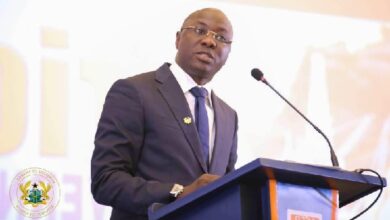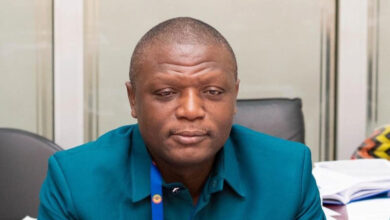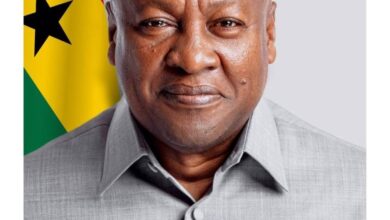Kwaku Azar warns against politicizing CJ removal process

Renowned legal scholar Professor Stephen Kwaku Asare, popularly known as Kwaku Azar, has cautioned that political interference in the removal process of the Chief Justice could have grave consequences for Ghana’s democracy.
Commenting on the current debate surrounding the prima facie threshold under Article 146, Professor Asare stressed the need to safeguard judicial independence from political manipulation.
“The stakes in judicial removal proceedings are high—for individual judges, for the integrity of the bench, and for the democratic principle that no official is above scrutiny,” he wrote on Facebook.
Professor Asare noted that former President Akufo-Addo’s controversial handling of a petition against the Chief Justice in January 2025 exposed dangerous flaws, particularly the tendency to inject politics into what should be a purely constitutional process.
“Former President Akufo-Addo’s prima facie determination short-circuited that process. It applied the wrong standard, assumed powers reserved for the investigative committee, and failed to inspire confidence in its impartiality or fidelity to constitutional principle,” he said.
He argued that by dismissing credible allegations without due inquiry, political actors risk creating a system where loyalty to power outweighs constitutional duty. “Allowing this flawed determination to stand unexamined would send the wrong message: that even serious allegations against the judiciary’s highest officer can be dismissed without inquiry,” Professor Asare warned.
Highlighting the role of the President under Article 146, he reminded Ghanaians that the President’s job is not to shield the judiciary from scrutiny but to allow credible allegations to be properly investigated. “It is not a final judgment or a finding of guilt,” he emphasized, calling for a strict procedural approach rather than a political or protective one.
Professor Asare praised the current President’s decision to refer a recent petition for further inquiry, describing it as a step toward restoring constitutional fidelity. “It reflects a proper appreciation of the President’s limited screening role and reaffirms the need to preserve the integrity of the Article 146 process,” he observed.




